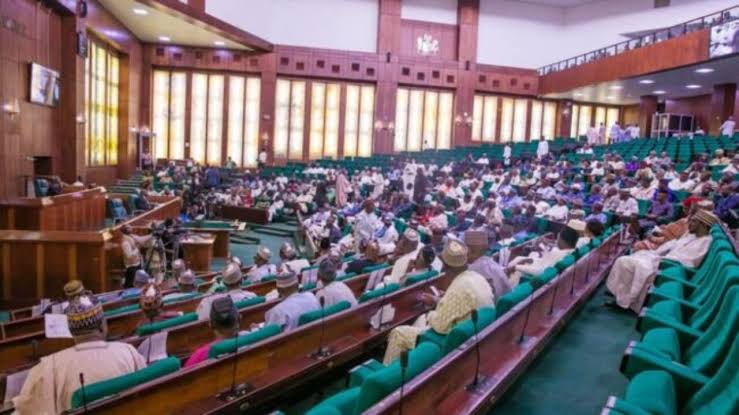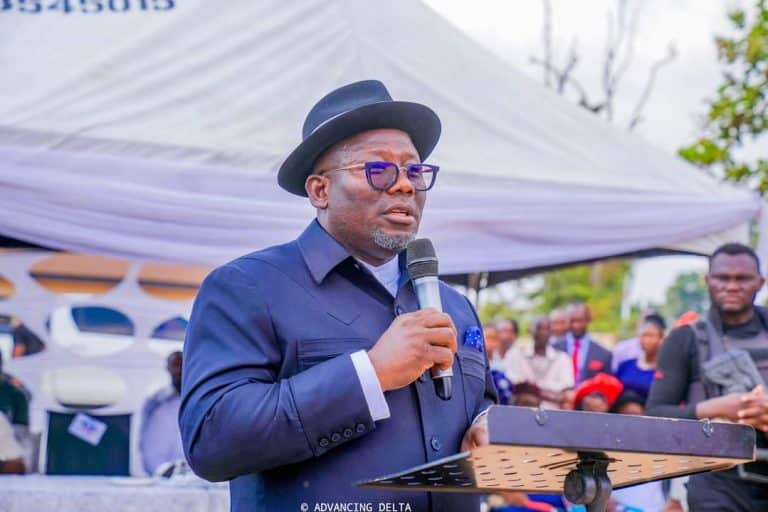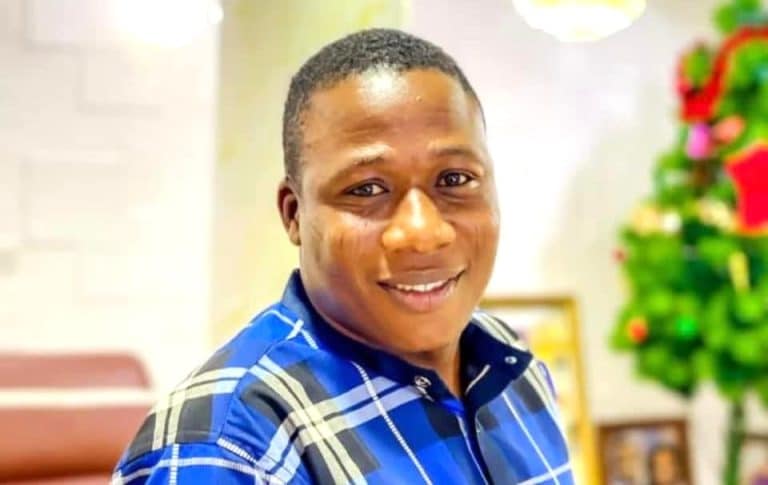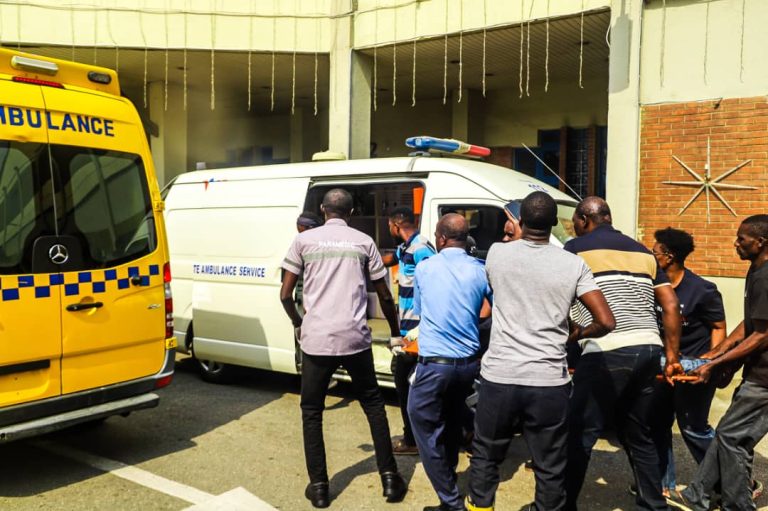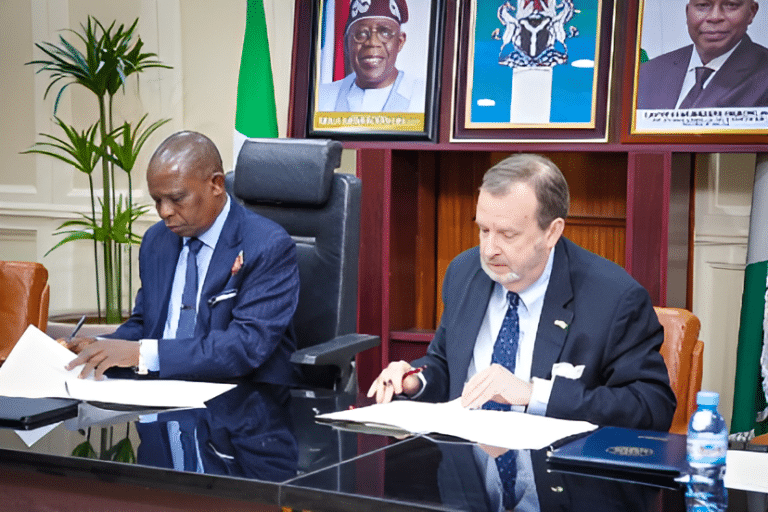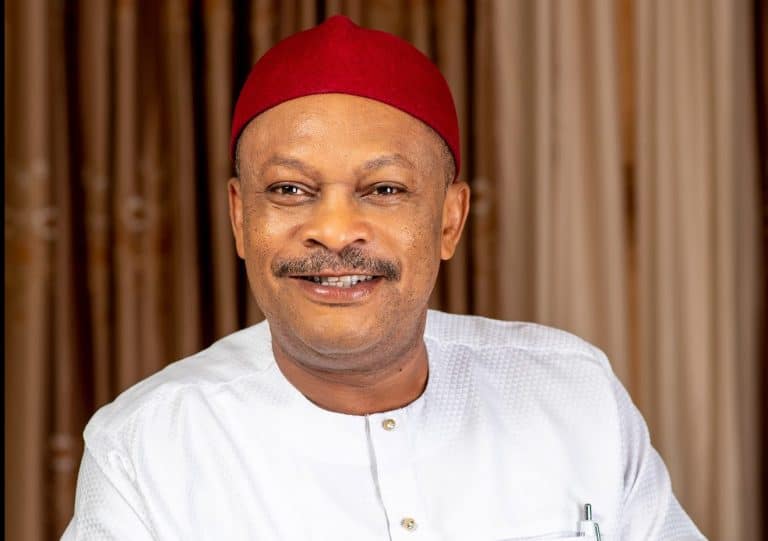The House of Representatives has postponed indefinitely the debate on President Bola Tinubu’s tax reform bills, originally scheduled for Tuesday, December 3, 2024.
The move follows intense pressure from northern governors and a significant number of lawmakers, raising questions about the bills’ support and future in the legislature.
According to The Cable, suspension came after 73 northern lawmakers, including 48 from the North-East and 24 from Kano, expressed their rejection of the bills.
In a closed-door session, lawmakers underscored concerns over the bills’ potential adverse impact on their constituents, with North-East representatives emphasizing the region’s poverty and struggling economy.
As reported by The Punch, Damboa/Gwoza/Chibok Federal Constituency representative, speaking on behalf of his colleagues, said, “North-East was the poorest region even before the insurgency… now, we have turned into beggars. If other parts of the country were in our shoes, this sitting wouldn’t be happening.”
A lawmaker from the North-West also raised alarms about the “suspicious speed” of the bills’ legislative push, hinting at resistance from the governors and lawmakers.
He remarked: “The governors of the North are not yet convinced… we are not convinced either,” stressing the need for more time to consult with their constituencies.
The bills, transmitted to the National Assembly by President Tinubu on September 3, 2024, aim to overhaul the country’s tax system and include proposals like the Nigeria Tax Bill 2024 and the Nigeria Revenue Service Establishment Bill.
Critics argue the rushed legislative process is unfair and potentially harmful to certain regions.
In Kano State, the 24 federal representatives, led by Kumbotso Federal Constituency member Idris Dankawu, have joined the rejection.
Dankawu assured constituents, “We are against the proposed tax reform bills… we will work to ensure that the bill is withdrawn in the best interest of Kano State.”
Similarly, Senator Tambuwal reinforced his opposition, citing potential negative repercussions for both the North and other regions.
The lawmakers and governors are pushing for a more inclusive dialogue before any legislative action is taken on the bills.

